HEDERA Review 1
Fraud Teng Lin and his family live in NewZealand.
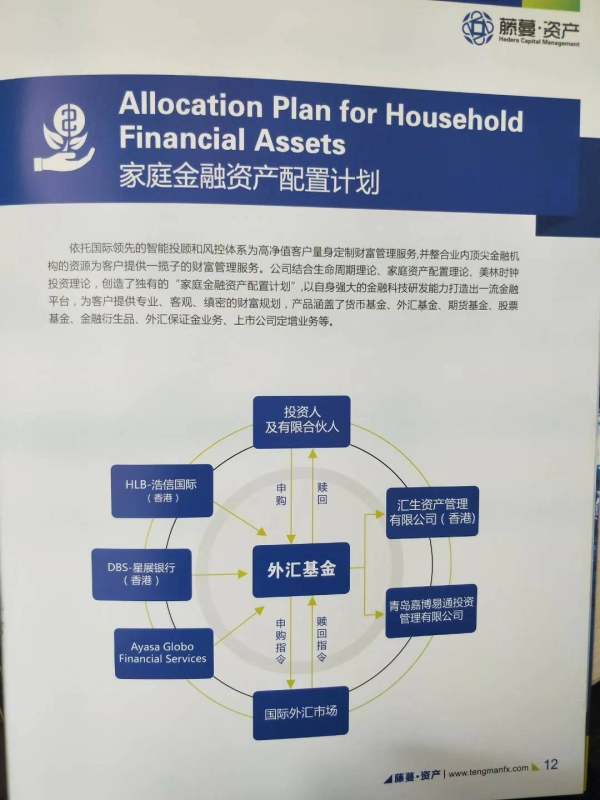


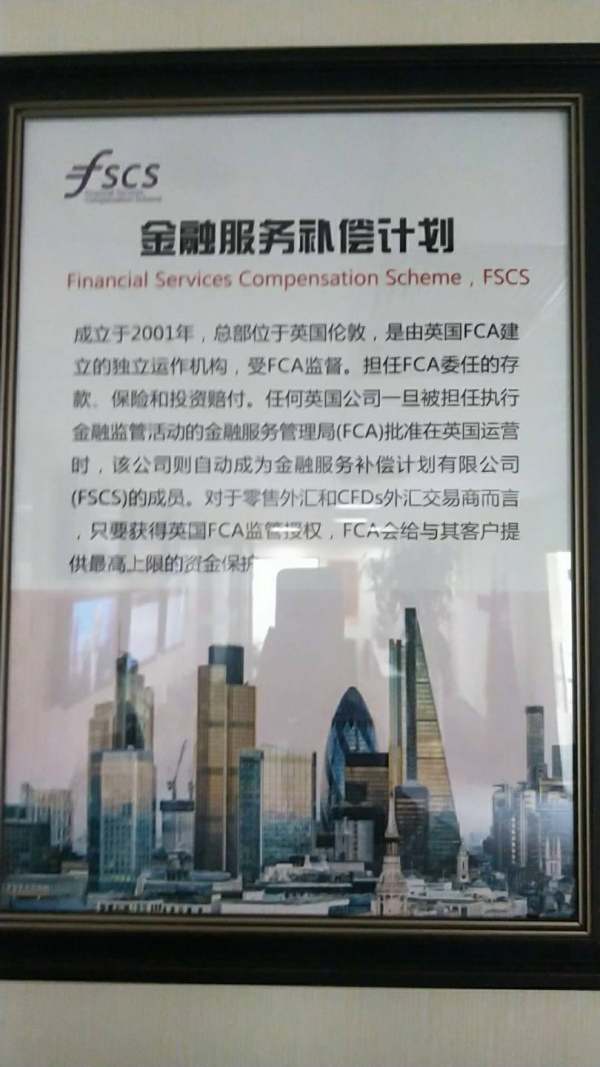
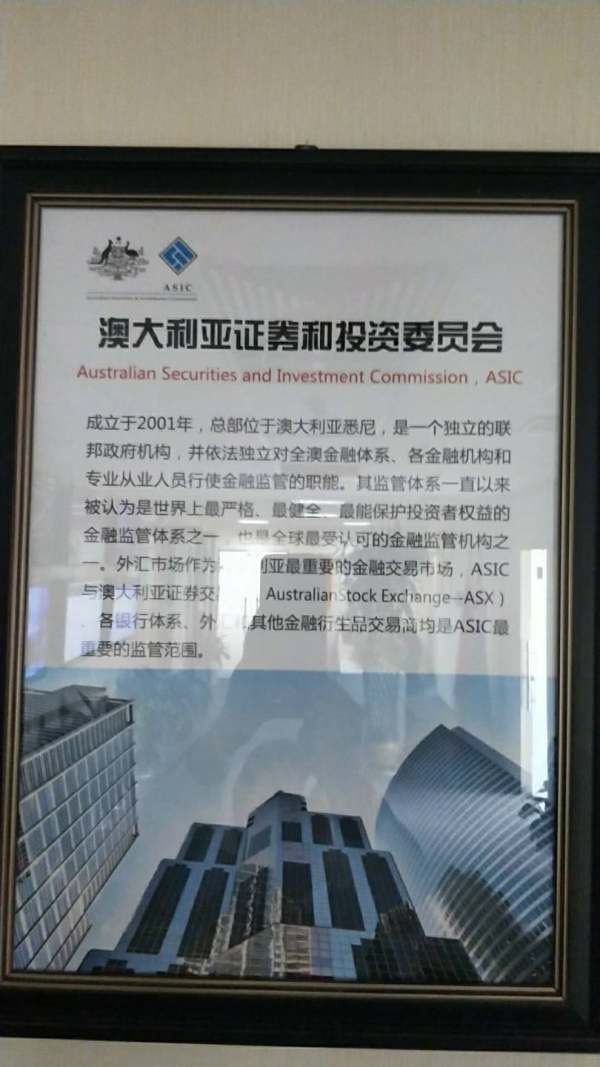
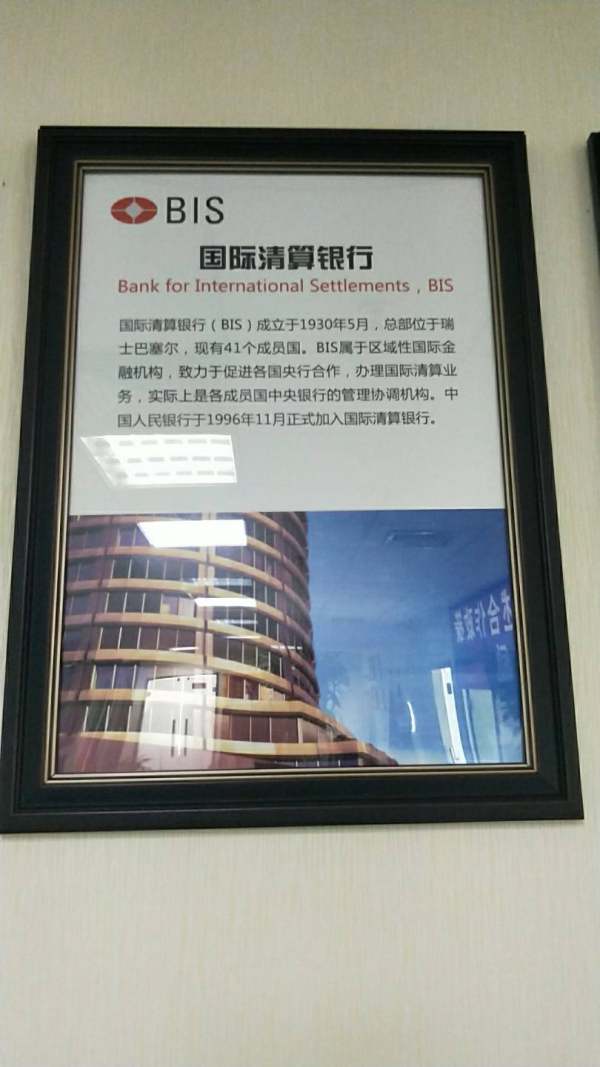
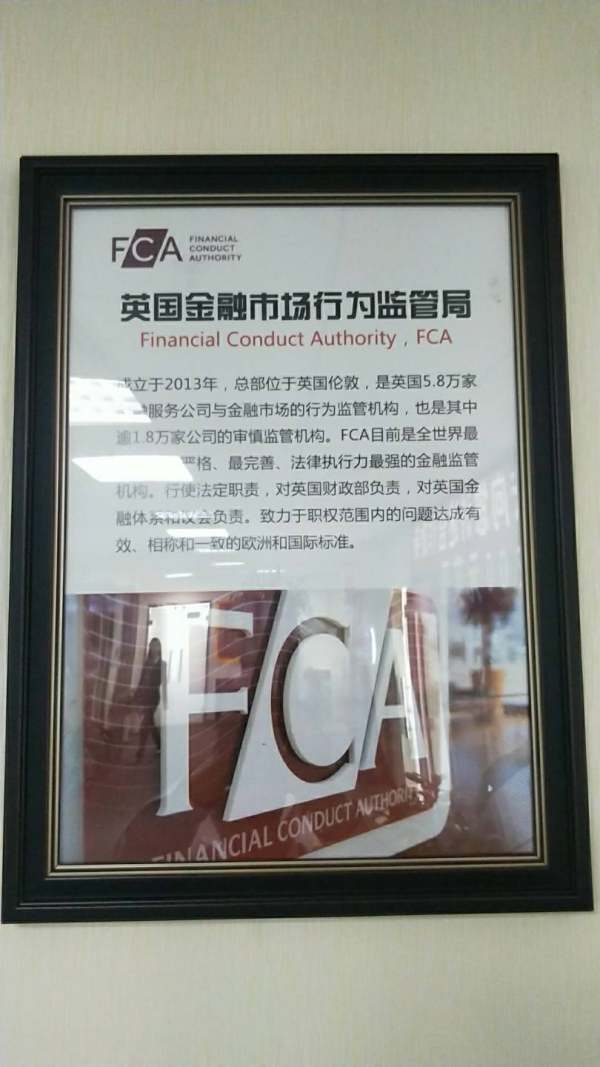
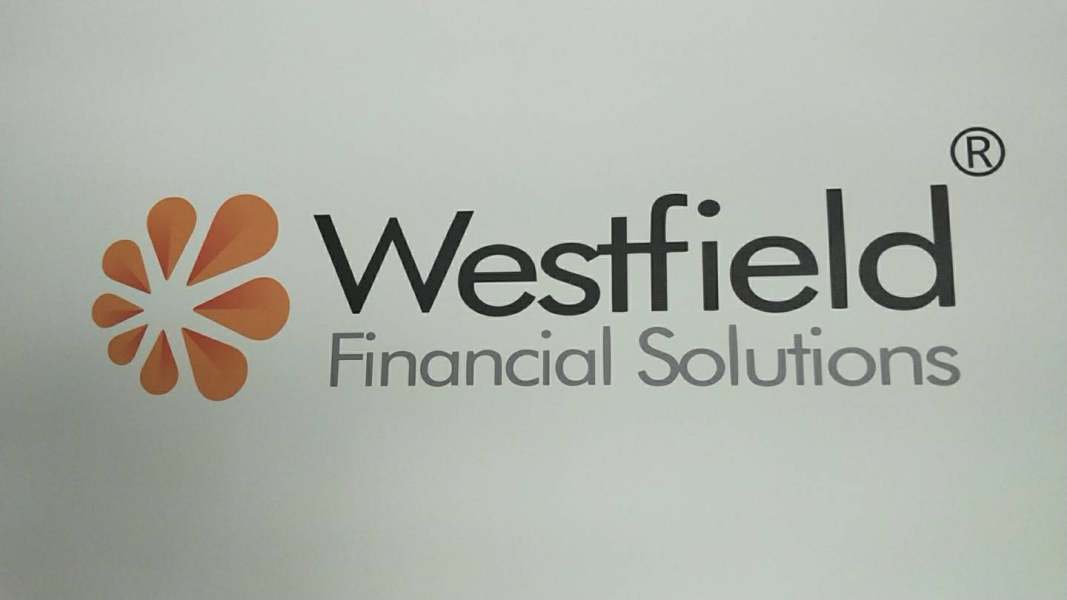
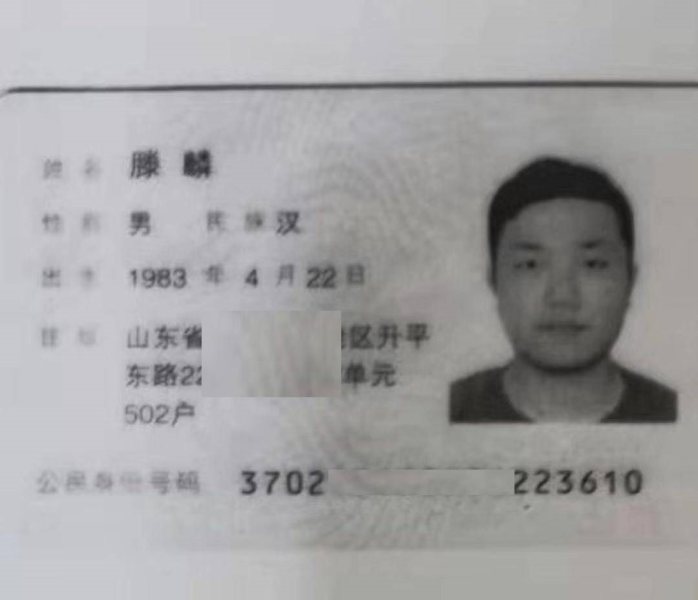




HEDERA Forex Broker provides real users with * positive reviews, * neutral reviews and 1 exposure review!

Fraud Teng Lin and his family live in NewZealand.













Hedera is a new third-generation blockchain network that has caught major attention in the crypto world. As a leaderless proof-of-stake network, Hedera uses its new aBFT Hashgraph consensus algorithm to deliver fast transaction speeds and very low transaction fees, making it a strong choice instead of traditional blockchain platforms. This hedera review shows that the network's unique approach to distributed ledger technology offers performance that beats many established blockchain solutions.
The platform's best features include the Hedera Consensus Service and Hedera Token Service, which support many types of decentralized applications and give developers strong tools for building scalable solutions. Unlike regular blockchain networks that often struggle with scalability challenges, Hedera's Hashgraph technology lets the network process thousands of transactions per second while keeping security and decentralization. This detailed analysis shows that Hedera works well for investors and developers who want a high-performance, cost-effective cryptocurrency trading and development environment.
The network focuses on fairness, security, and energy efficiency, making it an attractive option for those looking to join next-generation distributed ledger technology.
Regional Entity Differences: Rules for Hedera have not been clearly detailed in available sources, and the platform may face different legal frameworks across different areas. Potential users should check local rules before using Hedera-based services.
Review Methodology: This evaluation uses publicly available information, user feedback, and technical documentation. Our assessment focuses on Hedera's technology capabilities, performance metrics, and user experience as reported by various industry sources and community feedback.
| Dimension | Score | Rating Basis |
|---|---|---|
| Account Conditions | N/A | Specific account condition information not detailed in available sources |
| Tools and Resources | 8/10 | Strong offering with HCS and HTS, supporting diverse decentralized applications |
| Customer Service | N/A | Customer service information not specified in available documentation |
| Trading Experience | 9/10 | Excellent transaction speed and low fees according to user evaluations |
| Trust Factor | N/A | Regulatory and trust-related information not detailed in available sources |
| User Experience | 8/10 | Network characteristics including security and fairness receive positive recognition |
Hedera came about as a new solution to address the basic problems that have long troubled traditional blockchain networks. As a third-generation blockchain platform, Hedera uses its own Hashgraph consensus algorithm to tackle the well-known scalability and energy efficiency challenges that have stopped widespread blockchain adoption. The network operates as a leaderless proof-of-stake system, making it fundamentally different from regular blockchain designs through its unique approach to consensus and transaction processing.
The platform's main mission centers on providing fast, secure, and fair distributed ledger technology that can scale to meet business-level demands. According to industry reports, Hedera's performance abilities greatly exceed those of many traditional blockchain platforms, offering reliable throughput that addresses the scalability concerns that have limited blockchain adoption in high-volume applications. This hedera review shows that the network's design represents a major advancement in distributed ledger technology.
Hedera's primary trading platform operates through the Hedera Hashgraph ecosystem, focusing only on cryptocurrency-related services and applications. The network's business model emphasizes providing infrastructure for decentralized applications while keeping low transaction costs and high-speed processing capabilities. While specific regulatory oversight details are not mentioned in available sources, the platform continues to attract attention from both individual investors and institutional participants seeking efficient blockchain alternatives.
Regulatory Jurisdiction: Available documentation does not specify particular regulatory authorities overseeing Hedera operations, though users should verify compliance requirements in their respective jurisdictions.
Deposit and Withdrawal Methods: Specific information regarding deposit and withdrawal mechanisms is not detailed in current available sources.
Minimum Deposit Requirements: Minimum deposit thresholds are not specified in accessible documentation.
Bonus and Promotions: Promotional offerings and bonus structures are not mentioned in available source materials.
Tradeable Assets: The platform primarily focuses on cryptocurrency services, though specific asset categories beyond HBAR are not detailed in current documentation.
Cost Structure: User evaluations consistently highlight low transaction fees as a key advantage, though specific spread and commission details are not provided in available sources. The network's fee structure appears designed to maintain affordability while supporting network operations.
Leverage Ratios: Leverage information is not specified in available documentation.
Platform Options: The primary platform operates through Hedera Hashgraph infrastructure.
Regional Restrictions: Geographic limitations are not detailed in current available sources.
Customer Service Languages: Supported languages for customer service are not specified in accessible documentation.
This hedera review section reveals that while Hedera demonstrates strong technological capabilities, many traditional brokerage details require further clarification from official sources.
The account conditions for Hedera present a unique situation as traditional brokerage account structures do not directly apply to this distributed ledger network. Unlike regular forex brokers that offer multiple account tiers with varying features and requirements, Hedera operates as a decentralized network where users interact directly with the blockchain infrastructure through compatible wallets and applications.
Available sources do not provide specific information regarding account types, minimum deposit requirements, or structured account opening processes typical of traditional brokerages. The network's decentralized nature means that users typically access Hedera services through third-party wallets, exchanges, or applications that integrate with the Hedera network, rather than opening accounts directly with a centralized entity. The absence of detailed account condition information in this hedera review reflects the basic difference between traditional financial service providers and decentralized blockchain networks.
Users interested in accessing Hedera services should research compatible wallet providers and exchanges that support HBAR and other Hedera-based tokens.
For those seeking to participate in the Hedera ecosystem, the account setup process typically involves selecting appropriate wallet software or exchange platforms that support Hedera integration, rather than following traditional account opening procedures with specific documentation requirements or verification processes managed by a central authority.
Hedera's tools and resources show significant strength in providing complete infrastructure for decentralized application development and deployment. The platform's main offerings include the Hedera Consensus Service and Hedera Token Service, which together provide developers with strong capabilities for building scalable blockchain solutions.
The Hedera Consensus Service enables applications to achieve consensus on any data or message, providing a foundation for various use cases including supply chain tracking, audit trails, and timestamping services. This service allows developers to use Hedera's fast and secure consensus mechanism without requiring full blockchain implementation, offering flexibility for diverse application requirements. The Hedera Token Service makes native token creation and management easy directly on the Hedera network, enabling developers to issue, configure, and manage tokens with built-in compliance features.
This service supports both fungible and non-fungible tokens, providing complete tokenization capabilities for various business applications.
While specific information regarding research resources, educational materials, and automated trading support is not detailed in available sources, the platform's technical infrastructure shows sophistication in supporting decentralized application development. The network's emphasis on providing developer-friendly tools suggests a commitment to fostering ecosystem growth and innovation within the Hedera environment.
Customer service and support information for Hedera is not specifically detailed in available documentation, reflecting the decentralized nature of the network. Unlike traditional financial service providers that maintain centralized customer support departments, blockchain networks typically rely on community-driven support, documentation, and third-party service providers for user assistance.
The absence of detailed customer service information in available sources suggests that users seeking support for Hedera-related issues may need to rely on community forums, developer documentation, and support channels provided by wallet providers or exchanges that integrate with the Hedera network. This decentralized support model is common among blockchain platforms, where technical assistance often comes from multiple sources rather than a single customer service department. Response times, service quality metrics, and multilingual support capabilities are not specified in accessible documentation.
Users considering Hedera-based services should evaluate the support offerings of their chosen wallet providers, exchanges, or application developers, as these entities typically provide direct customer service for their specific implementations of Hedera technology.
The lack of centralized customer service information reflects the distributed nature of blockchain networks, where user support responsibilities are often shared among various ecosystem participants rather than managed by a single entity. This structure requires users to develop familiarity with multiple support channels and resources within the broader Hedera ecosystem.
Hedera's trading experience receives exceptional recognition for its superior transaction speed and cost-effectiveness. User evaluations consistently highlight the network's ability to process transactions rapidly, with performance metrics that significantly exceed many traditional blockchain platforms. The network's Hashgraph consensus algorithm enables throughput capabilities that address common scalability concerns associated with blockchain technology.
Transaction fees represent another standout aspect of the Hedera trading experience, with users reporting remarkably low costs compared to other blockchain networks. This cost advantage makes the platform particularly attractive for frequent transactions and micro-payments, scenarios where high fees on other networks can become prohibitive. The combination of speed and affordability creates a compelling value proposition for users seeking efficient transaction processing.
Platform stability appears robust based on available information, though specific uptime statistics and performance monitoring data are not detailed in accessible sources. The network's architecture suggests strong reliability characteristics, with the Hashgraph consensus mechanism designed to maintain consistent performance even under high transaction volumes. Mobile experience details and specific platform functionality information are not extensively covered in available documentation.
However, the network's focus on providing infrastructure for various applications suggests compatibility with multiple interfaces and user experience implementations. This hedera review indicates that the trading experience benefits significantly from the network's fundamental technological advantages, particularly in speed and cost efficiency.
Trust factor evaluation for Hedera faces limitations due to insufficient regulatory and transparency information in available sources. Unlike traditional financial service providers that operate under specific regulatory frameworks with clear oversight mechanisms, blockchain networks often exist in evolving regulatory environments where oversight structures may be less defined or vary significantly across jurisdictions.
Regulatory qualifications and specific oversight authorities are not detailed in accessible documentation, making it challenging to assess traditional trust indicators such as regulatory compliance, licensing status, or supervisory oversight. This information gap reflects the broader regulatory uncertainty surrounding many blockchain platforms, where traditional trust assessment methods may not directly apply. Fund security measures and company transparency details are not specifically outlined in available sources.
While the Hedera network's technical architecture includes security features inherent to its Hashgraph consensus mechanism, specific information regarding asset protection, insurance coverage, or transparency reporting is not provided in accessible documentation.
Industry reputation and negative event handling information are similarly not detailed in current sources. The absence of comprehensive trust-related information suggests that users should conduct additional due diligence regarding regulatory compliance, security measures, and reputation factors when considering Hedera-based services, particularly through third-party providers that integrate with the network.
User experience feedback for Hedera demonstrates positive recognition for the network's core characteristics, particularly regarding security and fairness aspects. Available user evaluations indicate appreciation for the network's technological approach to addressing common blockchain limitations, with particular emphasis on the benefits derived from the Hashgraph consensus algorithm's unique properties.
Security features receive favorable user recognition, with the network's aBFT consensus mechanism providing strong guarantees against various attack vectors. Users appear to value the mathematical certainty of transaction finality and the network's resistance to common blockchain vulnerabilities, contributing to overall confidence in the platform's security posture. Fairness represents another positively recognized aspect of the user experience, with the network's consensus algorithm designed to prevent common issues such as miner extractable value and transaction ordering manipulation that can affect other blockchain platforms.
This fairness characteristic contributes to user confidence in transaction processing integrity.
Interface design, registration processes, and fund operation experiences are not specifically detailed in available sources, likely reflecting the decentralized nature of the network where user interfaces are typically provided by third-party applications, wallets, and exchanges rather than a centralized platform. The overall user experience appears to benefit significantly from the network's fundamental technological advantages, though specific usability metrics and user satisfaction surveys are not provided in accessible documentation.
Hedera emerges as an innovative cryptocurrency platform that successfully addresses many limitations associated with traditional blockchain technology. The network's implementation of Hashgraph consensus algorithm delivers exceptional transaction speeds and cost-effectiveness, creating a compelling value proposition for users seeking efficient blockchain alternatives. This comprehensive evaluation demonstrates that Hedera's technological approach offers significant advantages in performance and scalability compared to conventional blockchain platforms.
The platform appears particularly well-suited for cryptocurrency investors and developers who prioritize high-performance transaction processing and cost efficiency. The network's emphasis on fairness, security, and energy efficiency makes it an attractive option for various use cases, from simple transactions to complex decentralized application development. However, this analysis also reveals important limitations, particularly regarding regulatory clarity and traditional customer support structures.
The absence of detailed information about regulatory oversight, account conditions, and centralized customer service reflects the decentralized nature of the platform but may present challenges for users accustomed to traditional financial service frameworks.
FX Broker Capital Trading Markets Review